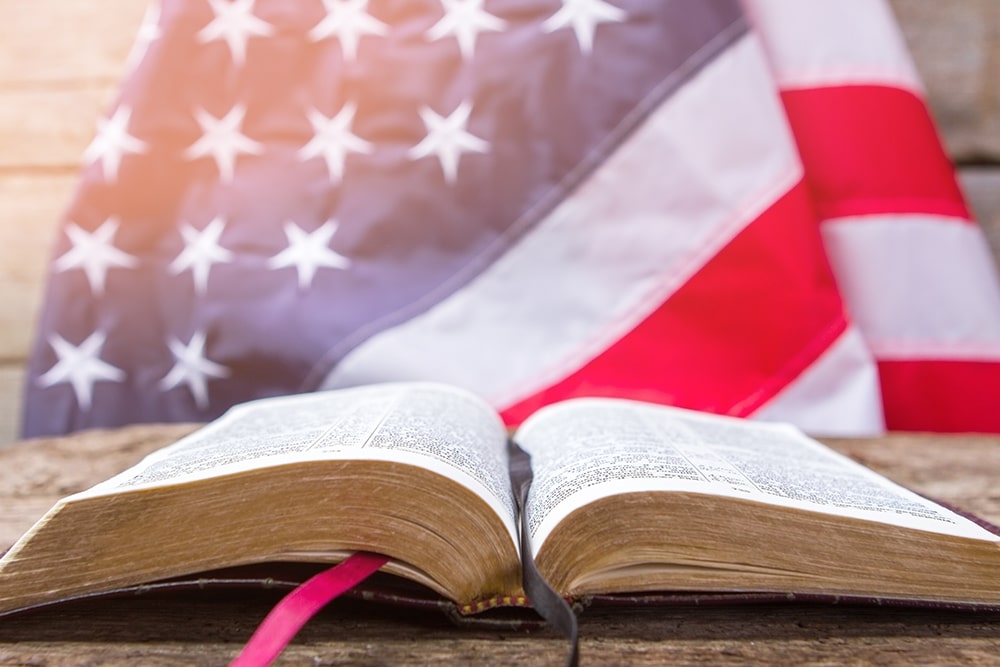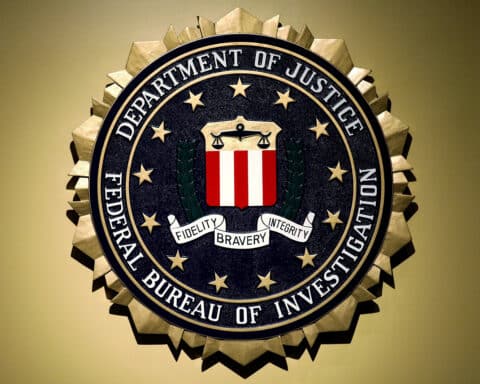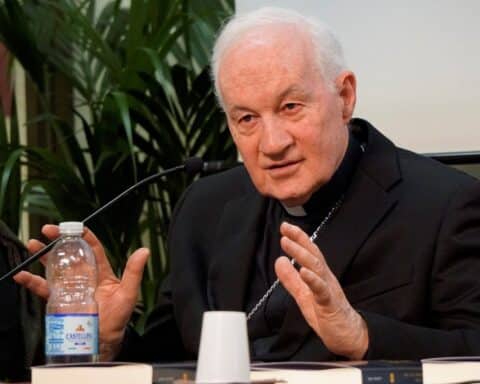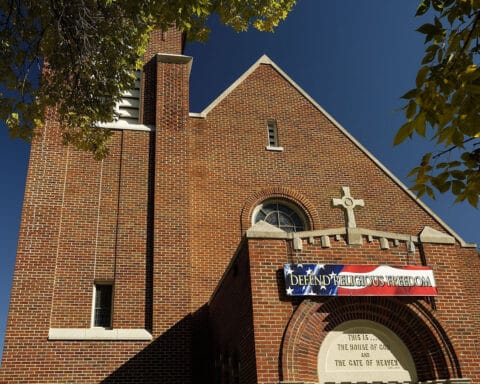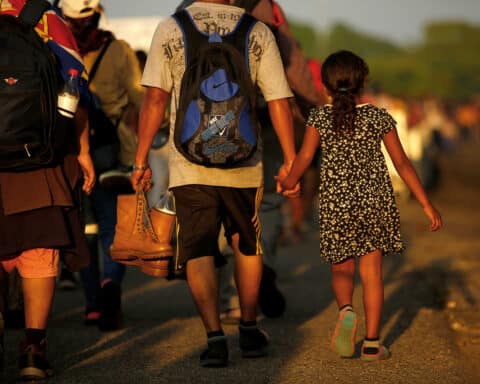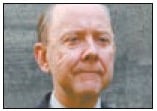
Now the emphasis has shifted from the first religion clause to the second, which bars government action “prohibiting the free exercise” of religion. State infringement on free exercise and resistance to it by religiously motivated institutions and individuals are the new battlefront in church-state warfare.
Not that fights over the no-establishment clause have vanished. The Supreme Court’s 7-2 ruling last term approving a war memorial cross on public land in a Maryland suburb of Washington, D.C., was a reminder of that. Still, the more urgent church-state struggles these days arise from government encroachment, either actual or threatened, on free exercise.
Violation of seal of confession
Last May, for example, ignoring the strenuous objections of an interreligious coalition, the California senate by a vote of 30-4 approved an outrageous bill to require priests to violate the seal of confession by informing the authorities of anything they heard in a sacramental setting concerning the sexual abuse of minors.
Fortunately, in July the bill’s sponsor withdrew it from consideration the day before the scheduled hearing by a committee of the state assembly committee upon learning that it didn’t have the votes there. Archbishop José Gomez of Los Angeles correctly called the measure a “mortal threat” to religious freedom. But don’t be too sure we’ve heard the last of it.
Pending cases
Elsewhere the religious freedom picture is hardly less worrisome. Currently pending before the Supreme Court, for instance, is an appeal from a federal court ruling that Philadelphia city authorities were within their rights in barring Catholic Social Services of the Archdiocese of Philadelphia from making foster care placements because of its refusal to place children with same-sex couples. And note that the Supreme Court will begin its new term in October by hearing oral arguments in three cases seeking special protected status for LGBTQ persons in federal law that bars employment discrimination.
Meantime some providers of wedding-related goods and services, including bakers of wedding cakes, florists and photographers, face continuing pressure from state enforcers to fall in line despite religiously grounded objections to same-sex marriage. Lately, too, a Christian T-shirt maker had to defend himself in the Supreme Court of Kentucky for refusing to make gay pride shirts. If this case reaches the U.S. Supreme Court, it will be interesting to see what its liberal members make of so blatant an attempt at coercing speech.
Not a new phenomenon
The assault on religious liberty may be a new phenomenon, but its origins go back a long way. Sixty years ago, American theologian Jesuit Father John Courtney Murray, whose views on church and state were soon to influence the Second Vatican Council’s declaration on religious liberty, pointed to the dire consequences of the collapse of consensus on moral issues, which he discerned already far advanced in the United States.
Increasingly among Americans, he wrote, “Civility … is a thing of the surface. It is quite easy to break through it. And when you do, you catch a glimpse of the factual reality of the pluralist society. … You do not have to probe deeply beneath the surface of civic amity to uncover the structure of passion and war.” Father Murray was right. And now the “passion and war,” which he discerned behind the mask of toleration, more and more target free exercise of religion. It promises to be an ugly fight.
Russell Shaw is a contributing editor for Our Sunday Visitor.

